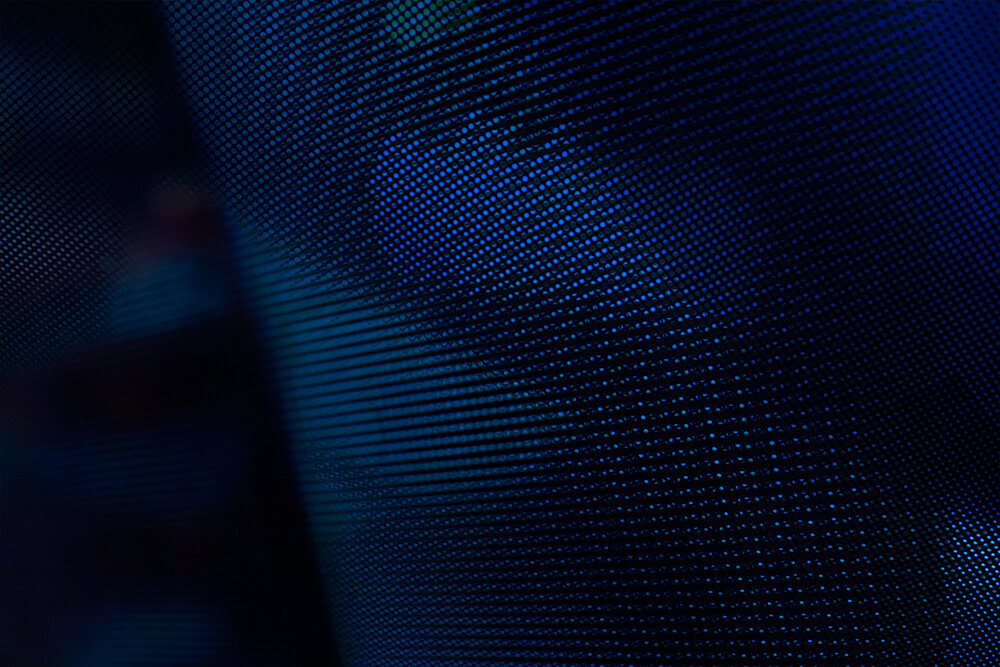
Wearry v. Foster: When is a Prosecutor not a Prosecutor?
March 2023
To view a pdf version of this article, please click here.
Prosecutors typically receive absolute immunity for actions they take while initiating and prosecuting a criminal case. Courts have recognized at least two policies justifying that full immunity.[1] First, prosecutors hold special responsibilities to the public that would suffer if they focused on their potential personal liability when making decisions; and second, the judicial system includes other safeguards that reduce the need for private lawsuits to address unconstitutional conduct.
But in some situations, prosecutors may be subject to liability if they act outside their role as an advocate. For instance, when a prosecutor acts more like a detective or police officer, she can receive no more than the qualified immunity that a police officer would receive for the same actions.[2]
As a result, courts have denied prosecutors absolute immunity for a variety of actions, including providing legal advice to police during an investigation,[3] making statements to the media,[4] fabricating evidence to create probable cause for an arrest,[5] making false statements in an arrest warrant application,[6] assisting in a warrantless search and seizure,[7] delivering an acquitted defendant’s tax records to a state ethics commission,[8] ordering police to make a warrantless arrest after a judge refused to issue a bench warrant,[9] creating and issuing fraudulent subpoenas to pressure witnesses to speak with them,[10] and investigating and photographing a crime scene.[11]
When Can a Prosecutor Be Sued?
Last year, the Fifth Circuit once again denied absolute immunity to a prosecutor who went beyond his role as an advocate, but that decision sparked a flurry of disagreement among the judges. In Wearry v. Foster, 33 F.4th 260 (5th Cir. 2022), a three-judge panel held that a prosecutor could not receive absolute immunity for allegedly altering evidence, coercing a witness to testify falsely, and concealing contradictory witness statements. The court also rejected the argument that the prosecutor’s actions were part of his advocacy simply because the fabricated evidence was ultimately used at trial — a “prosecutor cannot retroactively immunize himself from conduct by perfecting his wrong-doing through introducing the fabricated evidence at trial.”[12]
Judge James Ho wrote a separate “dubitante” opinion doubting the majority’s decision. He articulated the test for absolute immunity this way: “a prosecutor accused of falsifying witness testimony is entitled to absolute immunity if he does so (1) after indictment or determination of probable cause, and (2) with the intent of presenting that testimony at trial.” Id. at 274 (Ho, J., dubitante). In his view, “the doctrine of prosecutorial immunity appears to be mistaken as an original matter,” but on these facts, governing precedent likely required the court to grant absolute immunity.
The full court later denied a petition for rehearing en banc, but that denial spawned two separate opinions.
Judge Ho wrote a short concurring opinion, in part to explain his view of when to grant immunity: “When public officials are forced to make split-second, life-and-death decisions in a good-faith effort to save innocent lives, they deserve some measure of deference. By contrast, when public officials make the deliberate and considered decision to trample on a citizen's constitutional rights, they deserve to be held accountable.” Wearry v. Foster, 52 F.4th 258, 259 (5th Cir. 2022) (Ho, J., concurring with denial of reh’g en banc).
Judge Edith Jones, joined by Judges Smith and Duncan, dissented and would have granted en banc rehearing. In her view, the panel erred by attempting to distinguish this case from binding precedent. The law “is crisp and clear,” she explained: “If a prosecutor conducts a witness interview that is intended to secure evidence that would be used in the presentation of the state’s case at trial, not to identify a suspect or establish probable cause, the prosecutor is therefore entitled to absolute immunity.” Id. at 261 (Jones, J., dissenting) (cleaned up). The panel opinion, however, “unabashedly [held] that a prosecutor never acts in his role as advocate when ‘fabricating’ evidence,” placing it in direct tension with binding precedent.
As Judge Jones put it, “pity the district court judges and counsel who must steer between the Scylla of Wearry and the Charybdis” of earlier precedent to decide whether a prosecutor is absolutely immune.
[1] E.g., Singleton v. Cannizzaro, 956 F.3d 773, 780–81 (5th Cir. 2020).
[2] Wooten v. Roach, 964 F.3d 395, 407 (5th Cir. 2020).
[3] Burns v. Reed, 500 U.S. 478 (1991).
[4] Buckley v. Fitzsimmons, 509 U.S. 259 (1993).
[5] Id.
[6] Kalina v. Fletcher, 522 U.S. 118 (1997).
[7] Hoog-Watson v. Guadalupe Cty, 591 F.3d 431 (5th Cir. 2009).
[8] Lampton v. Diaz, 639 F.3d 223 (5th Cir. 2011).
[9] Loupe v. O’Bannon, 824 F.3d 534 (5th Cir. 2016).
[10] Singleton v. Cannizzaro, 956 F.3d 773 (5th Cir. 2020).
[11] Terwilliger v. Reyna, 4 F.4th 270 (5th Cir. 2021).
[12] Wearry, 33 F.4th at 268 (quoting Fields v. Wharrie, 740 F.3d 1107, 1114 (7th Cir. 2014)).
KHALIL & LAKE is a white-collar litigation boutique focusing on federal criminal law, appeals, and complex investigations in a variety of business sectors. If you have any questions about these issues, or if you would like a copy of any materials mentioned here, please let us know.
